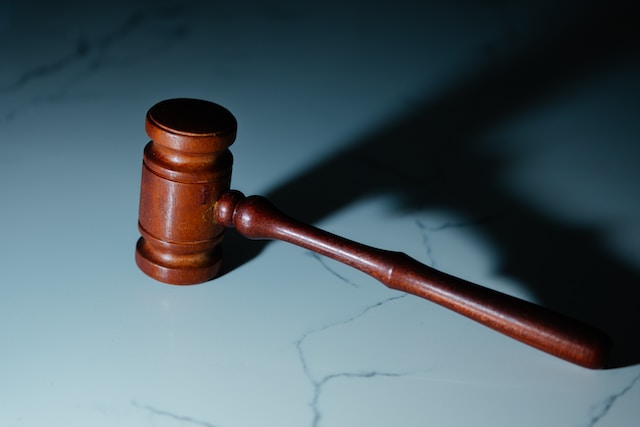
Introduction
Spoliation of evidence is a serious legal issue that can have severe consequences for parties to litigation. Spoliation occurs when one party destroys or withholds evidence that is relevant to the case. This can happen intentionally, such as when someone destroys evidence in order to cover up wrongdoing; it can also happen by accident, such as when a party accidentally deletes e-mails relating to the case. When spoliation occurs, it’s important to understand how this impacts a case.
The Duty to Preserve Evidence
The duty to preserve evidence is a duty to take reasonable steps to preserve evidence that is relevant to a pending or anticipated lawsuit. If a party does not know that what they are altering or destroying is potential evidence, then it does not rise to the definition of spoliation. Our office has previously been successful in arguing that a railroad is on notice of a potential lawsuit as soon as an injury report is made, because of the operation of the Federal Employers Liability Act and that the route for injured workers to be compensated is through potential litigation for any injury that occurs at the railroad.
The duty of preservation does not apply to all evidence, but only those items that are relevant to the dispute at hand. For example, if you are injured on a grab iron, and you tell the railroad that in your accident report, the railroad has a duty to preserve any evidence of whether it was defective. This duty can also apply to an injured worker, who may have a duty to preserve statements he or she made about what happened via text messages or social media.
The extent of this duty can vary – if a worker is injured on a switch, the railroad may need to fix the switch to continue operations. If so, the railroad must maintain all of the evidence gathered, photographs and a log of what was done to allow the injured worker the ability to prove that the switch malfunctioned. Other times, a particular piece of equipment may be crucial to proving a case and the railroad may need to preserve it in the state it was in at the time of the accident to allow the injured worker’s expert to examine it.
What is Spoliation of Evidence?
Spoliation of evidence is the destruction or alteration of evidence, which can occur either intentionally or unintentionally. It can also be the failure to preserve discoverable evidence, such as deleting social media posts.
For example: If an injured worker posts on Facebook about how he hates his job and never wants to go back to work again, this may be used by the railroad to show that the employee’s lost wages aren’t due to an inability to return to work, but simply because the worker doesn’t want to. If the employee deletes the social media post, it can lead to allegations of spoliation.
Similarly, if a worker gets injured on a defective piece of equipment, and the railroad fixes it and puts it back out into use without taking photographs and detailing any issues that it found, this can lead to allegations of spoliation.
How a Railroad Injury Attorney Can Help
An experienced attorney will counsel clients about social media use, and how deleting posts can be detrimental to their claim. The attorney may also want to send a letter to any responsible party telling them to preserve evidence related to a claim, to help prevent spoliation by adverse parties.
Conclusion
Spoliation of evidence is a serious issue for railroad cases. If you have been injured in an accident, it’s important that you get the help of an experienced attorney who knows how to handle these kinds of claims, and understands the various issues that may arise in the litigation.





